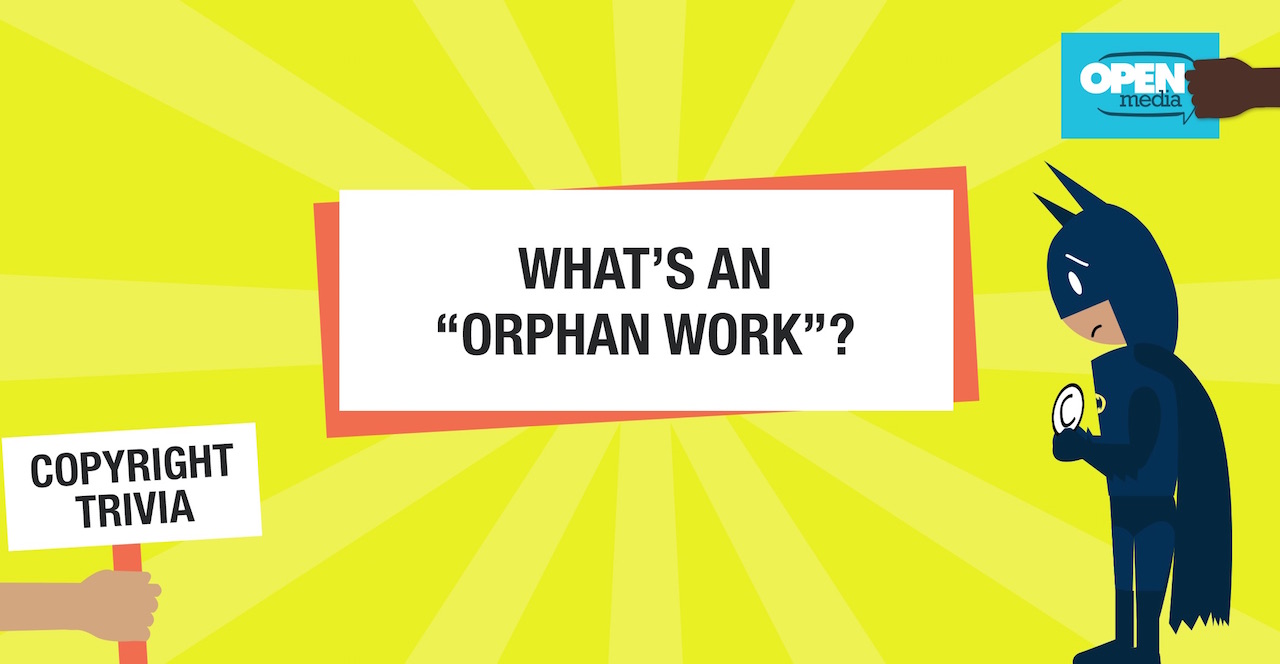When you think about it, intellectual property is quite a strange concept. Ideas are, in and of themselves, intangible and any move to label them neatly with the purpose of slapping a barcode on them is never a simple, clear-cut endeavour.
As we have previously discussed, copyright — which falls under the intellectual property umbrella and refers to the right of an author to profit from the copies of their work — has been around since the French came up with the idea in the 1700s. Of course people in the 1700s could never envision how copyright law would apply when it came to deciding who owned the tattoo designs on a basketball player’s body when digitized to be featured in a video game, or how Halloween costumes based on mythological characters used by a big movie franchise (like Marvel’s Thor, Hela, or Loki) could land a costume company on shaky copyright grounds.
But the strangeness of copyright does not end there. Most people know of either the “public domain” (ideas that belong to the commons and are free to be replicated) and of copyrighted material. But there is a gray, Schrödinger’s cat kind of area. Enter: “orphan works” — works that are neither public nor quite owned by someone. How can this happen?
Sometimes the copyright holder of a piece of work cannot be located. Sometimes this is because of the death of the rights holder, unknown inheritance of rights, or simply due to erroneous or missing contact information. Works where the copyright holder is unknown or where they cannot be located are commonly referred to as orphan works.
Section 77 of the Canadian Copyright Act allows people to obtain non-exclusive licenses for orphan works after proving that “the applicant has made reasonable efforts to locate the owner of the copyright and that the owner cannot be located.” If the copyright holder appears within five years, they can claim the royalties from the license issued by the Copyright Board.
So there you go: the Copyright Act sometimes accounts for the strange gray areas of this side of intellectual property. As you might imagine, as our digital society shifts to new forms of cultural expressions, the law will have to keep up. Right now, the government of Canada is conducting a review of the Copyright Act — something that has not happened in a while. Don’t miss your chance to have your say and ensure the Act works for you. OpenMedia has made it easy to participate in the consultation; just go to LetsTalkCopyright.ca to learn more and take action.
Marianela Ramos Capelo is a Design Specialist in the communications team for OpenMedia, a non-profit organization that works to keep the internet open, affordable, and surveillance-free.
Help make rabble sustainable. Please consider supporting our work with a monthly donation. Support rabble.ca today for as little as $1 per month!





